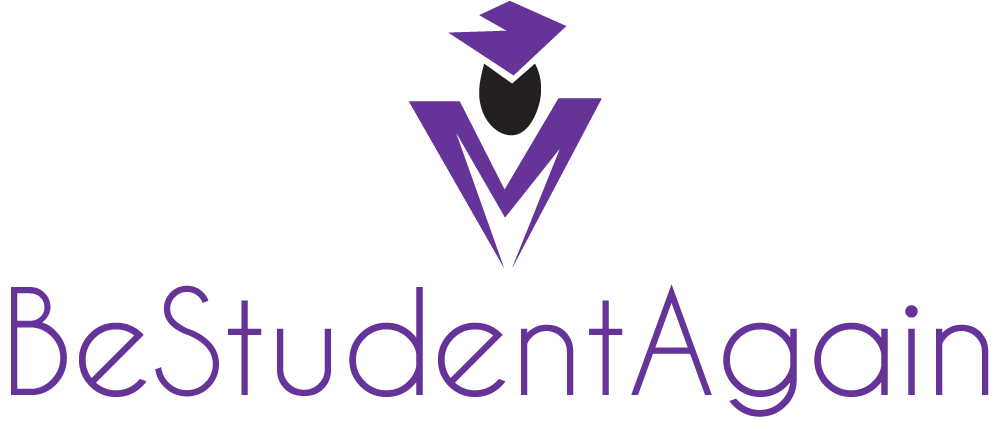De nombreux étudiants, désirant acquérir une première expérience professionnelle, acceptent un travail sous-payé ou gratuit. Leur but est de booster leur employabilité future. Cette pratique est connue sous le nom de Hope Labour, est-ce qu’elle profite aux bénéficiaires ou à ceux qui fournissent le travail ?
Comprendre le Hope Labour
Lorsqu’on parle de Hope Labour, il s’agit d’un job non rémunéré ou sous-rémunéré, réalisé dans le présent en vue d’acquérir une expérience professionnelle, dans la perspective de futures opportunités d’emploi. Cette pratique est très répandue dans les métiers du digital, du blogging et des critiques de consommateurs.
Les entreprises profitent grandement d’un travail accompli gracieusement et c’est devenu une norme très répandue sur le marché de l’emploi. Un phénomène qui touche principalement les étudiants en quête d’un stage ou les lauréats qui débutent sur le marché du travail. Cette pratique touche grandement les jeunes en quête d’expérience ou souhaitant développer une compétence pour décrocher un job dans un domaine particulier. Malheureusement, certains secteurs d’activités dépendent largement du travail gratuit, ce qui contribue au découragement de l’embauche, vue que les activités à moindre frais constituent la norme acceptée par les différents acteurs.
Ce phénomène s’étend évidemment aux stages qui sont non rémunérés, de même que les services civiques et les bénévolats. Il existe même des firmes dont l’activité repose sur une armée de stagiaires. C’est souvent le cas des start-ups et des ONG.
Travail non rémunéré et non reconnaissance du travailleur
Un emploi repose sur l’usage d’une force de travail. Or un travail non rémunéré correspond à un déni et une non reconnaissance de cette force et donc du statut de travailleur. Ceci peut être illustré dans le travail associatif fourni à titre gratuit et qui est désigné par bénévolat et non travail. Pour le cas d’un stagiaire, il s’agit plus d’être en formation que dans un travail. Ceci s’étend également au blogueur dont on ne reconnait pas le travail en disant qu’il exprime sa passion. Un déni qui touche aussi certains jobs non qualifiés comme le ménage, où le travail gratuit devient une non reconnaissance de la compétence.
On peut se demander pourquoi les stages ou les services civiques sont gratuits ou peu rémunérés ? La raison est qu’ils ne sont pas considérés comme du travail à part entière, et de ce fait on ne parle pas de rémunération mais de gratification. Une activité n’est pas un travail en soi et de ce fait la rémunération n’est pas un facteur déterminent. On parle de travail bénévole ou de travail domestique, etc. Où le sacrifice de revenu est chose normale.
Les stages sont donc inclus dans le Hope Labour et sont perçus comme une étape à franchir afin de préparer sa carrière professionnelle et décrocher un véritable emploi. Une pratique qui booste la désirabilité du statut du travailleur. Malheureusement, des domaines entiers fonctionnent sur le dos des individus notamment des étudiants, des stagiaires et des nouveaux lauréats. Des stagiaires se substituent à d’autres stagiaires dans un mécanisme continu qui génère une certaine précarité sur le marché du travail.
D’un autre côté, les étudiants et les jeunes qui exercent ces activités se trouvent souvent dans une situation précaire. C’est ce qui a abouti en 2005 à la création d’un collectif en France, appelé Génération Précaire, dont le but est de contester la gratuité du travail des stagiaires qui font tourner plusieurs entreprises, sans rétribution. Les efforts de ce collectif ont permis en 2006 l’adoption de la Loi sur l’égalité des chances. Cette dernière a rendu la convention de stage obligatoire et a imposé la rémunération des stages dont la durée dépasse les trois mois. Ensuite, en 2007 le montant minimal de gratification a été fixé à 379 euros, avant qu’un délai de carence soit imposé aux entreprises afin de prévenir la prolifération des emplois déguisés. En plus, la durée de stage maximale a été fixée à six mois au sein d’une même structure. D’autres démarches ont été prises pour protéger les stagiaires à travers notamment la fixation du temps de travail et l’octroi du droit au congé. Des actions qui visent à protéger les jeunes, mais qui demeurent insuffisantes pour éradiquer le Hope Labour.






